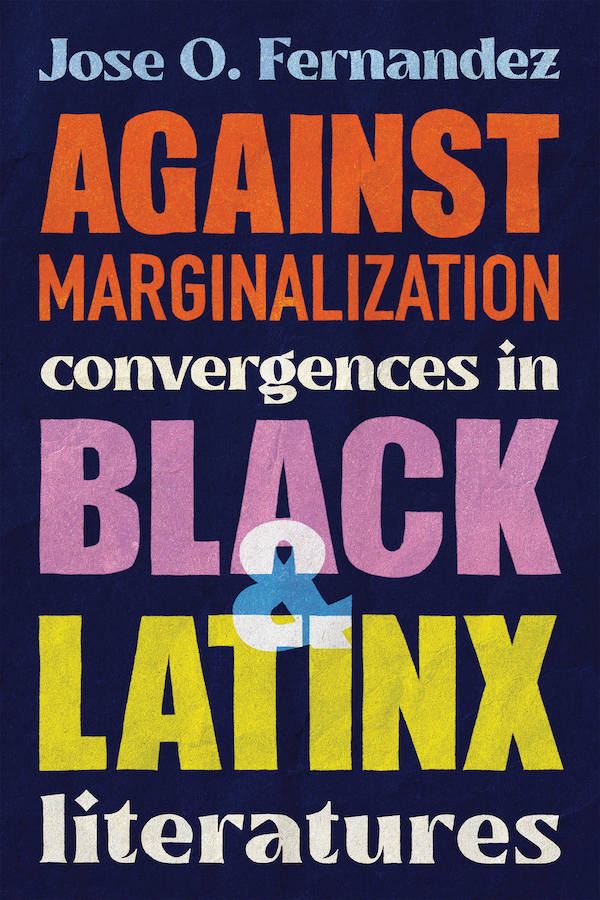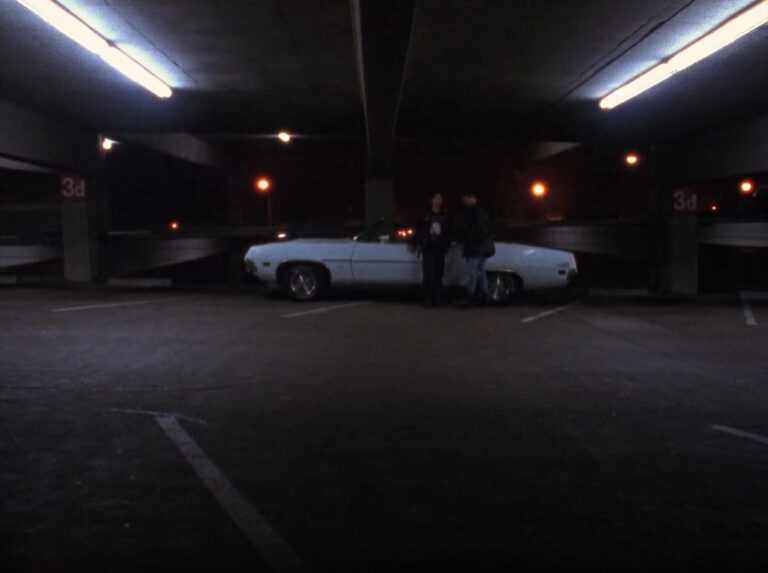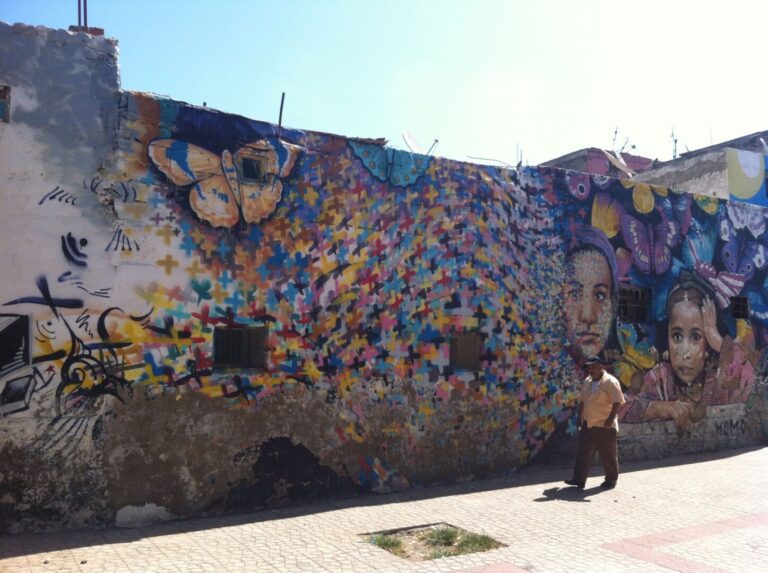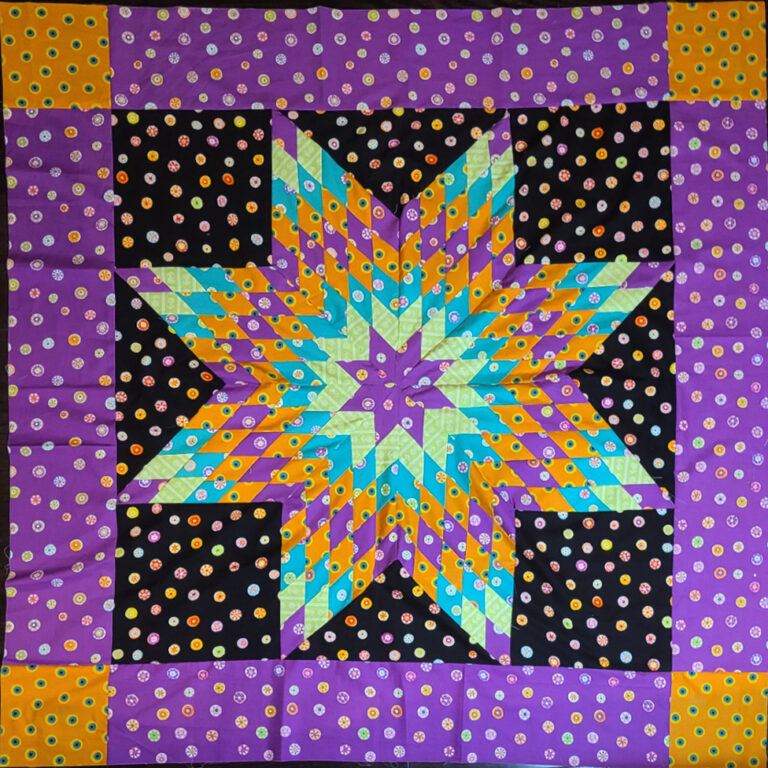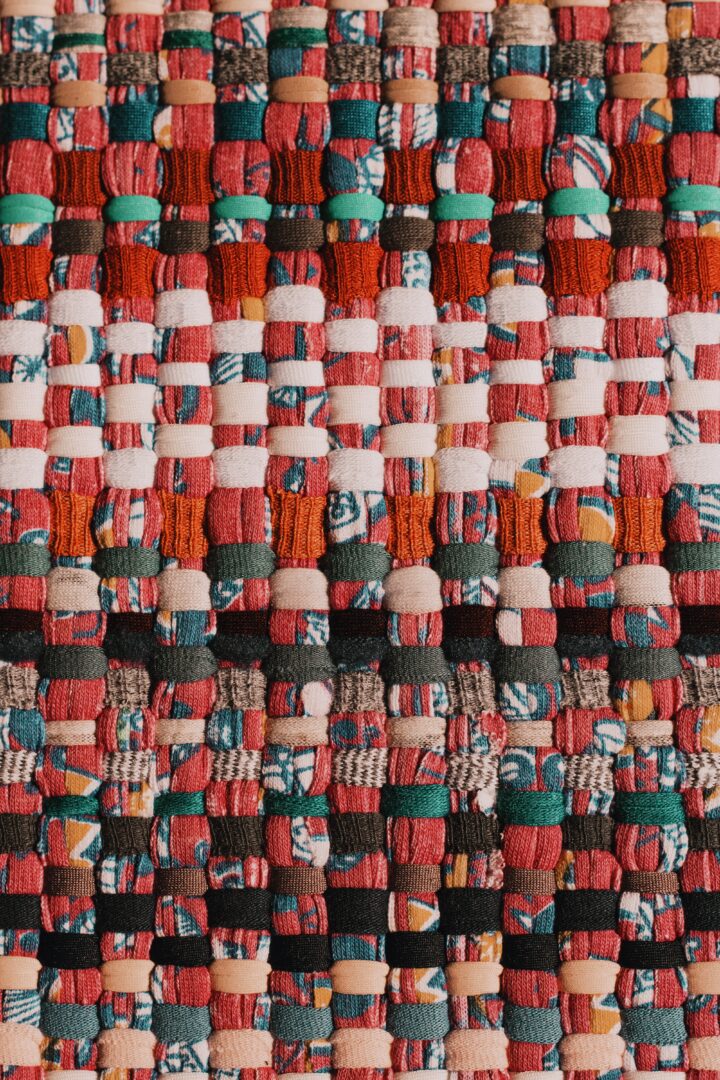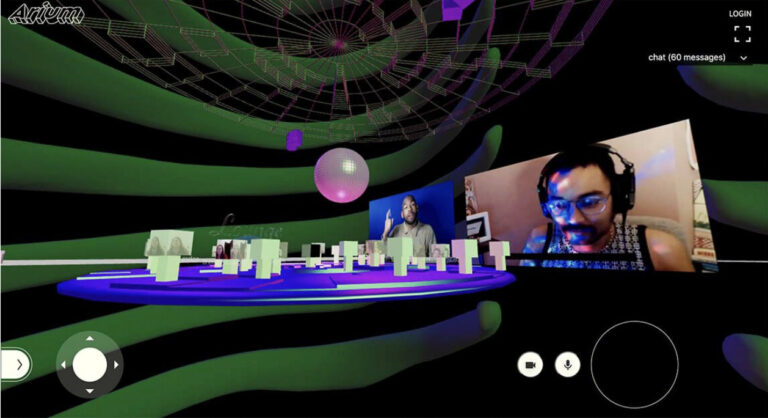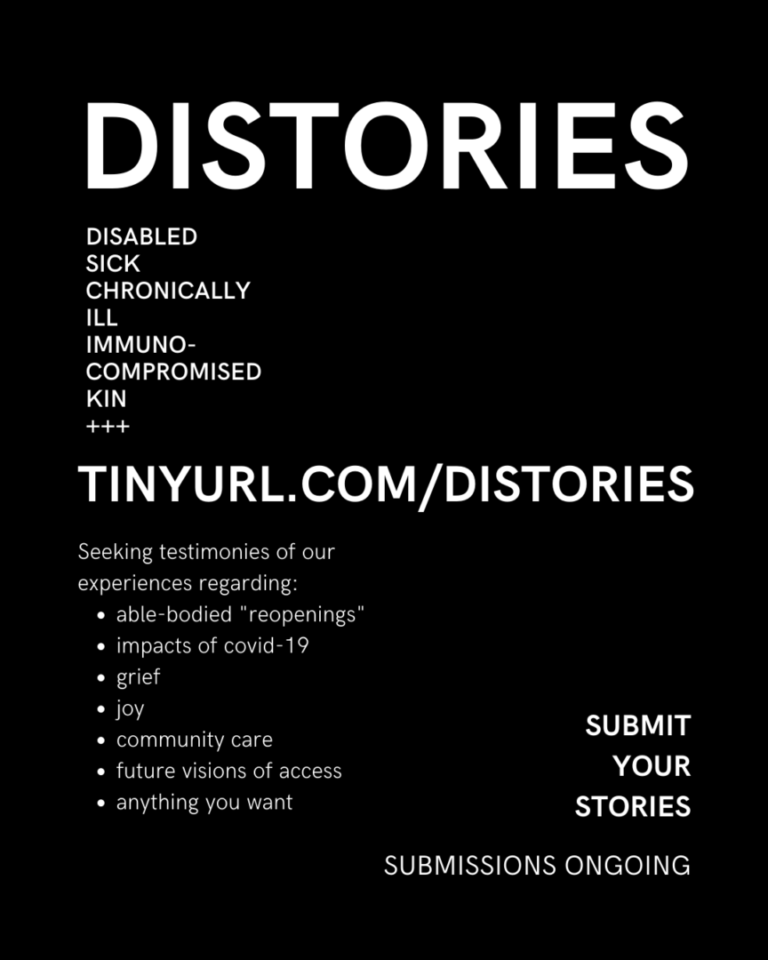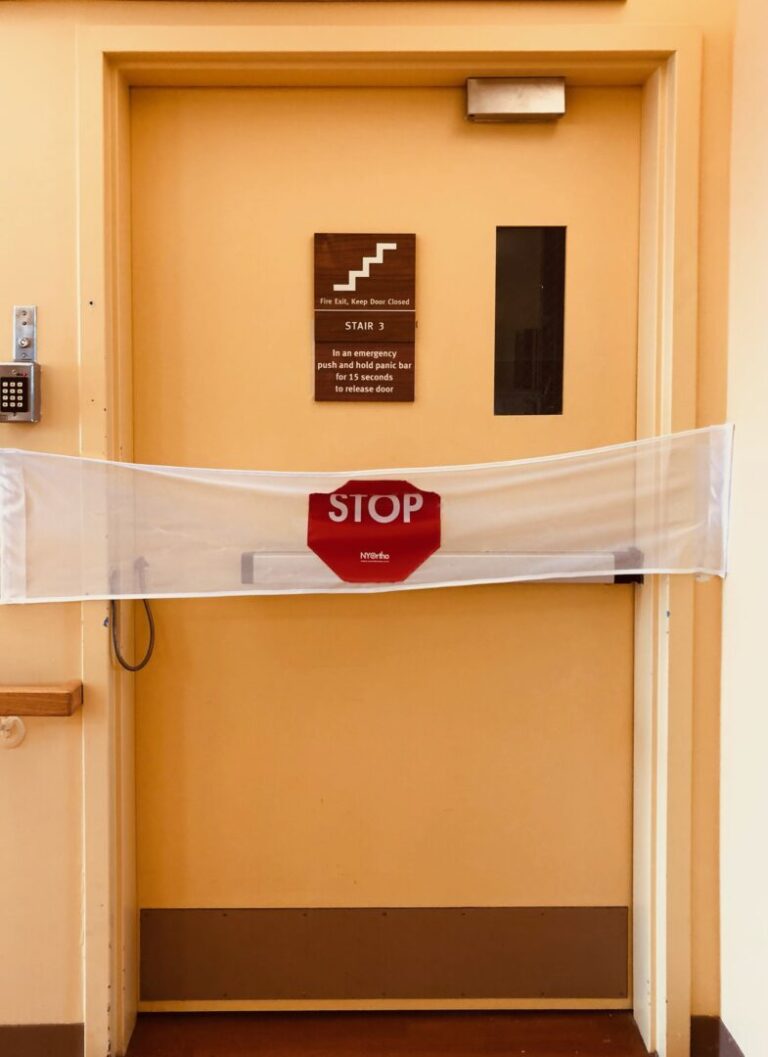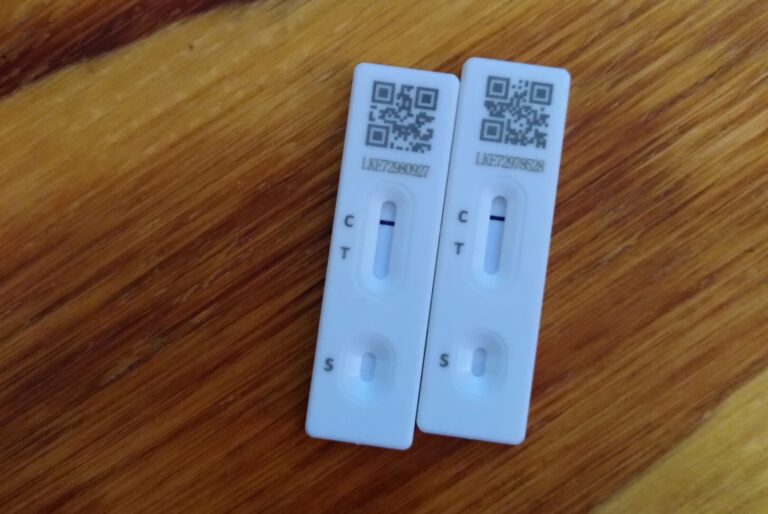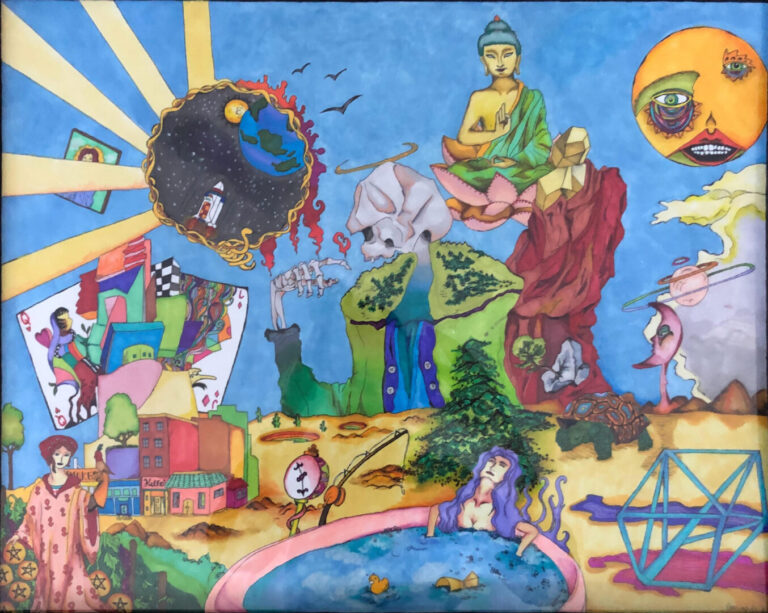Jose O. Fernandez’s Against Marginalization: Convergences in Black and Latinx Literatures is an innovative project that takes conversations about literary and cultural history in a new direction. Recognizing the efforts of Black and Latinx scholars in crafting distinct literary traditions and histories, Fernandez uses his book to argue for cross-ethnic literary studies and identify similarities between Black and Latinx traditions. This endeavor revolutionizes conversations about literary history of the United States and challenges narratives of exclusion and silencing. This book serves to show the importance of knowing the names of authors and artists, and the communities that fought for them, because they make up the fabric of US history. To learn those names next to Faulkner, Twain, Hemingway, Steinbeck, and Fitzgerald not only makes them part of American literary tradition but also spotlights their absence and exclusion in a way that expands the boundaries of “literary tradition.” This review takes seriously Fernandez’s project, which opens exciting avenues for cross-ethnic historic study while also examining opportunities for future study.
Issues
Editors’ Introduction: Lateral Changes
This issue marks the addition of a new co-editor and several special projects, including Lateral‘s first podcast, Positions. This issue presents two important sections of work, both building on conversations in the field and across publications: “The Black Shoals Dossier,” curated by Beenash Jafri, and the second part of “Crip Pandemic Life,” edited by Alyson Patsavas and Theodora Danylevich. In addition to these impressive sections, the issue features three research articles and ten book reviews.
Canada’s Colonial Project Begins in Africa: Undoing and Reworking the Inaugural Scenes of Colonial-Racial Violence
Black captivity and colonial violence in New France are distinct but interlinked social formations. This article develops an analysis of captive-colonial violence in Canada by tracing how these two formations are interlinked in practice and in discourse. It examines two “inaugural” scenes: the capture of a “Black Mooress” on the coast of present-day Mauritania in 1441 and the 1603 meeting between a French expedition and the people they called “Savages” on the shores of the St-Lawrence River in Canada. The first pertains to anti-Black violence and captivity. The second pertains to colonial violence and genocide. While the two scenes are usually treated as analytically distinct, as well as temporally and geographically distant, this article brings them together. Doing so is important as it shows how the practical and discursive conditions leading to the two scenes overlapped and how each scene depends on the other. This reading of captive-colonial violence disrupts linear conceptions of time and discrete conceptions of geography to pull “distant” scenes into proximity. Through this approach, the article shows how the two scenes are interlinked in the formation of a new lingua franca of anti-Black violence and genocidal colonial violence in Canada, however different and/or incommensurable they may be
“It Means Possibility”: Manifestations of Isolation in New Queer Cinema
Following the cataclysmic AIDS epidemic in the 1990s, a defiant embrace of the word “queer” and new technology sparked an influx of films by independent filmmakers that were later termed “New Queer Cinema.” As a product of its time, New Queer Cinema interrogates the heteronormativity it conflicts with and thus breeds a reimagining of what queer film can look like. The conflict between queer identity and its heteronormative surroundings drives distance between queer individuals and their communities, as well as larger social structures. This distance leads to a sense of isolation. This article explores themes of isolation within select New Queer Cinema films and offers a potential reference point from which we can understand queer life and cultural production in the midst of yet another global illness—COVID-19. Gus Van Sant’s My Own Private Idaho (1991) highlights isolation from heteronormative social structures, particularly the nuclear family unit. Cheryl Dunye’s The Watermelon Woman (1996) focuses on a curation of queer kinship as a survival tactic in the face of this isolation. Gregg Araki’s Totally Fucked Up (1993) and Thomas Bezucha’s Big Eden (2000) both explore themes of self-imposed isolation. Totally Fucked Up provides an essential New Queer Cinema perspective of this phenomenon; meanwhile, Big Eden challenges assumptions that queer individuals are destined to be isolated by imagining a future in which this is not the case. Themes of isolation are essential to the New Queer Cinema genre as a product of its circumstances. Yet, it also provides a basis from which the possibilities of future queer cinema and culture can be imagined. Understanding this relationship is critical as we begin to understand the effects of structural and social isolation on the queer community as exacerbated by COVID-19.
Hearing the Houma: Sound, Vision, and Urban Space in Moroccan Hip-Hop Videos
This paper seeks to engage the construction of urban “soundscapes” as a potential flashpoint for class conflict by analyzing auditory and visual representations of “the neighborhood” (al-houma) in a handful of Moroccan hip-hop videos. I begin by situating Moroccan hip-hop within transnationally circulating associations of hip-hop with “urban” life, as well as the political dynamics of North Africa’s colonial and postcolonial urban histories. I then analyze four videos comparatively, suggesting that each goes beyond lyrical and musical content of the songs to construct a sensory experience of the city—or neighborhood—for the listener-viewer. In giving attention to the political implications of each video, however, I argue that what distinguishes each is less what sort of “soundscape” emerges in his video but how each video teaches the audience to “hear” the Houma. While videos by mainstream rappers Muslim and Don Bigg figure urban space as threatening and in need of moral recuperation, they enact these pedagogies largely through indexical figurations of their respective soundscapes, that is, by directing the listener to attend to certain (inaudible) sounds and to interpret them in a certain way. By contrast, a video by El Haqed, known as a more staunchly oppositional figure, visually and sonically constructs a peri-urban lifeworld conditioned by neoliberal economic abandonment yet resistant to the postcolonial gaze. This contrast, I suggest, raises crucial questions about how hip-hop is linked to broader dynamics of cultural appropriation and “resistance” politics.
The Black Shoals Dossier
This dossier collects four reflections on The Black Shoals: Offshore Formations of Black and Native Studies (2019) with responses by its author Tiffany Lethabo King. This dossier is based on an American Studies Association 2021 roundtable organized by Beenash Jafri.
With Grief and Joy — Crip Pandemic Life: A Tapestry, Part II
This second installment of “Crip Pandemic Life: A Tapestry” opens with a reflection on transformative access and its visioning work. We weave this discussion through not only the eight new pieces found within this issue, but also through a reflection on the practices of access and care that enabled the writing, editing, and publication process itself. We conclude with two artifacts: The first is the “Accessible Knowledge Production Manifesto” that emerged as a collectively authored set of demands generated at a workshop we held in connection to the launch of our first installment of “Crip Pandemic Life.” The second is a link to a resource list, “Continuing Threads and Proliferations; Crip Pandemic Life Archive,” compiled by Corbin Outlaw, which links out to other pandemic projects documenting crip, disabled, chronically-ill, mad, and neurodivergent experiences, particularly highlighting experiences not captured within our tapestry of crip pandemic life.
Remote Access: A Crip Nightlife Party
Remote Access is a disability nightlife event informed by disability history, technology, and artistry. At the start of the COVID-19 pandemic, a collective of disabled artists and designers created an event to showcase how disabled people often participate in social life from our homes and beds. This contribution offers a living archive of the party and its evolution, as the planners created protocols for collective access through methodologies such as participatory audio description and live description of musical sound. We discuss how each new event offered opportunities for designing new practices based on disabled knowledge and expertise. As a result, the series of Remote Access nightlife parties became an ongoing opportunity to develop iterative accessibility protocols and community standards for remote/digital participation.
Corona Look of the Day: Social Media Posts About Disabled Beauty and Resistance in the Time of COVID-19
The authors created a photo and essay series entitled “Corona Look of the Day.” Each day we took photos of outfits paired with colorful makeup and inspired text descriptions about the beauty in disability. These posts were formulated as resistance to the eugenic discourse pervading the early days of the pandemic that argued disabled and elderly deaths were acceptable and probable. In contrast to this bleak assessment, this artistic series sought to affirm disability through uplifting portraiture.
DISTORIES
DISTORIES is a small open-source and open-access Instagram zine project, gathering testimonies from disabled contributors. This project began in the context of the summer of 2021, as mask mandates and general precautions around COVID-19 were being relaxed. Each chapter of the zine is introduced by a question, framing stories and snapshots of experience as well as demands, affirmations, and dreams shared by contributors. The project was stewarded by geunsaeng ahn from September 2021 to July 2022.
The Dedication: Leaving Evidence of Life, Death, Care, and Confinement During COVID-19
In 2020, the COVID-19 pandemic exploded and nursing homes rapidly became overwhelmed with disease, death, and despair. During this time, I learned Sylvia, an old woman with dementia I had befriended, was one of the many old and disabled people confined in nursing homes who did not survive. In this reflective and part personal, part scholarly essay, I leave evidence of and for Sylvia and the nearly 200,000 old and disabled people and care workers who contracted COVID-19 and died within the confines of neoliberal, profit-driven long-term care institutions. Disability justice activist Mia Mingus writes, “We must leave evidence. Evidence that we were here, that we existed, that we survived and loved and ached.” Leaving evidence is a political act, a form of resistance in an ableist word. And yet leaving evidence is particularly challenging in the context of dementia, care, confinement, and death—making it even more important, more urgent. Building on Ellen Samuels’ assertion, “Crip time is grief time,” I consider how mourning Sylvia and countless other nursing home deaths, interwoven with my own experiences of distress, yet also solidified my need to survive, might leave evidence and keep working toward an abolitionist future—one in which old and disabled women like Sylvia, like my future self, might thrive.
Only Together, We Flourish: The Importance of Friendship and Care in Navigating Anti-Asian Hate and Shielding During COVID-19
The COVID-19 pandemic and the response of the government of the United Kingdom have exacerbated deep-seated inequalities. People of color and disabled people have been disproportionately impacted during the pandemic. This essay has two authors, Sophie, a white disabled academic from England, and Denise, an Asian music therapist from Hong Kong; we are friends who live in Bristol. By examining our understanding of the pandemic through our lived experiences and identities, we provide transparency for engaging with our individual and shared perspectives. We use Mia Mingus’s concept of access intimacy to characterize our friendship as one which prioritizes accessibility and a deep understanding of each other’s realities whilst respecting and learning from our differences. We explore the idea of vulnerability and what it means to be made vulnerable during COVID, as well as the notion of ungrievability. Through engaging the concept of embodied belonging we address care as a necessity in response to all the ways in which this pandemic has highlighted and exacerbated vulnerability, ungrievability, and challenges to finding a sense of belonging. We demonstrate solidarity, empathy, joy, love, respect, and a deep reverence for each other and our journeys through hostile environments, providing a counterpoint to the neoliberal structures of oppression as we find ways to live, create, and flourish.
600 mg of Lithium, Quarantine, and “Third-Spaces”
With a mix of prose, critical reflection, and an accompanying series of drawings inside a daily planner, this intimate essay reimagines multiple conceptions of “space” in relation to different kinds of sickness and wellbeing. Meditating on COVID-19 quarantine spaces and bipolar disorder mood/mind-spaces allowed me to discover messied “third” spaces that explore margins, and complicate ideas of boundaries and binaries. Doing so allowed me to think through new possibilities of healing, restoration, and intimacy when we talk about mental health. I offer up my personal account of a young female Asian American graduate student navigating a ten-year struggle with clinical bipolar disorder, and the personal experiences of “madness,” relapse, and recovery during the winter and spring of 2021. I reflect on my daily routines inside my 800-square-foot apartment and my growing realization that prevailing ideas of “space” are incomplete and contradictory—but can be replete with futurities and learning possibilities. Fittingly, this creative piece does not endeavor to offer any neatly packaged analysis or solid conclusions. Instead, I present one account of grappling with mental illness under extraordinary circumstances and hope it can speak to individual and collective discussions on mental health, disability, and spatiality.
For Graduate Students, When the Sadness is Unbelievable: How to Research and Write If We Must When the World is on Fire
This essay is a meditation on the place of grief in graduate student life, an accounting for the ways that the pandemic has shaped research and the work that disabled graduate students have had to do to stay afloat. I begin by meandering through the grief of a family bereavement into the range of other kinds of crip grief that emerged at the start of the COVID-19 pandemic. Thinking with grief across scales, I ask the following questions: what might it mean to research and to write when our fields of inquiry shift even as they are being studied? How might we hold on to hope as a political practice even as undercurrents of grief work to wash it away? Where and how might we find and work with methodologies and practices that prioritize our embodied experiences during precarious, difficult times? Drawing on Melissa Kapadia’s work on chronic illness methodology and Gökce Günel, Saiba Varma, and Chika Watanabe’s manifesto for patchwork ethnography, I attend to the place of patchwork as a survival strategy for and beyond field research. Ultimately, this essay works with grief’s non-linearity, patching together memories and experiences to document one experience of the early years of the pandemic as means of making the aloneness of our graduate journeys less commonplace.
The Place and Pace to Remember: Keeping What the Pandemic Has Given Us
We begin with the question “what do we want to keep that the pandemic has given us?” Largely co-written in 2021, this reflexive essay serves as a snapshot in time, at one stage of the pandemic, reflecting upon earlier, shared experiences at one institution of higher education. We locate each of our identities and positionalities in that space and beyond. Our essay uses Moya Bailey’s 2021 discussion of an ethics of pace to frame our thinking and collective memory work and to counter what we identified as the distinct efforts of institutions of higher education to not have places for institutional memory. We articulate that without memory places, it is impossible to build both a history of justice work in institutions of higher education and accountability that this justice work is seen through. And we ask, how are we to build justice and healing in higher education when the place is designed so that we can’t remember things, and when there seems to be a goal to not have institutional memory that remembers how, why, and by whom justice work is done? We answer the question: “what do we want to keep that the pandemic has given us?” with this: “the pace and place to remember.”
